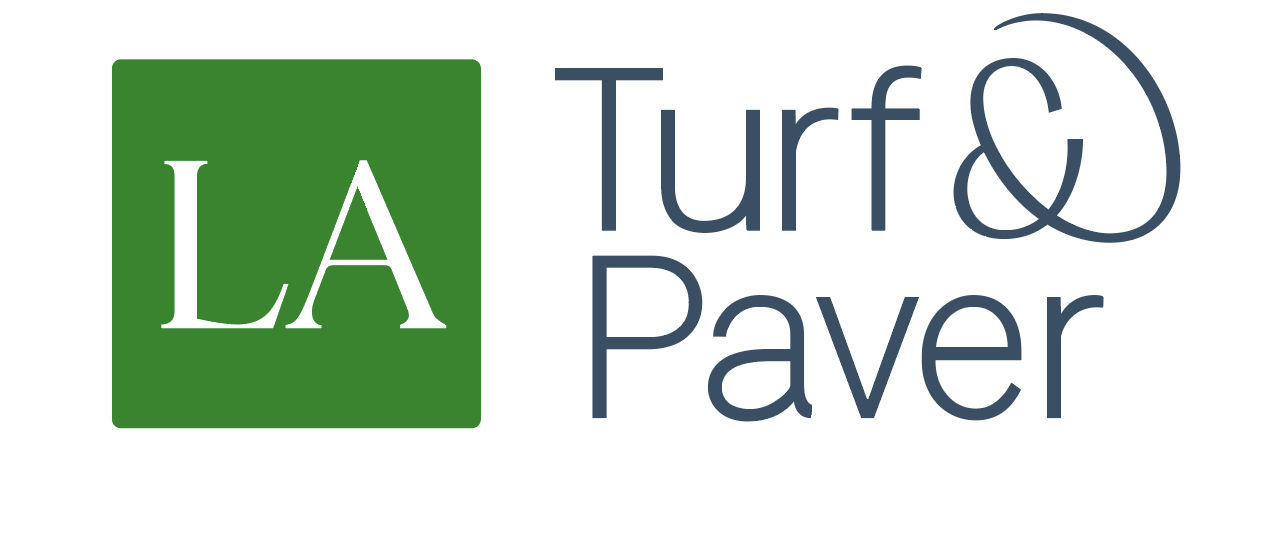Stone pavers are a versatile and durable flooring option for stone pavers for patio, creating walkways, patios, and driveways. With a wide range of materials, colors, and textures to choose from, how do you know which one to pick? Stone pavers, or paving stones, are flat exterior flooring materials used in hardscaping projects such as driveways, walkways, and patios.
Pavers can be made from a wide range of materials, including concrete, brick, stone, or clay, and are available in different shapes, sizes, colors, and styles.
13 Types of Pavers by Material
From concrete to limestone and more, here are 14 types of pavers made from different materials, along with the advantages and considerations of each type.
Concrete Pavers
Concrete pavers are made from a mixture of cement and aggregates that are molded and then air-dried. Durable and weather-resistant, concrete pavers are ideal for various outdoor areas such as driveways, patios, and walkways.
Advantages:
- Available in various shapes, sizes, and colors.
- Affordable, ranging from $4 to $10 per square foot.
- More durable than poured concrete.
Considerations:
- If you choose to seal concrete pavers, which is optional, they will need to be resealed every three to five years.
- Costs more than traditional poured concrete but lasts longer.
Brick Pavers
Brick pavers are made of clay and have been used for centuries in the construction of roads and patios. They offer a classic and timeless look, as well as being quite durable.
Advantages:
- They have a traditional aesthetic that fits many design styles.
- They are sturdy and can withstand heavy loads.
- Easy to replace if damaged.
Considerations:
- They can be more expensive than other paving materials.
- Require regular maintenance to prevent weed growth between the joints.
Natural Stone Pavers
Natural stone pavers, such as slate, granite, and limestone, offer natural beauty and exceptional durability. Each piece is unique, adding a distinctive touch to any outdoor space.
Advantages:
- Highly durable and resistant to extreme weather conditions.
- Provide an elegant and natural aesthetic.
- Available in a variety of colors and textures.
Considerations:
- Can be more expensive than other types of pavers.
- Installation can be more complex and costly.
Clay Pavers
Clay pavers are manufactured similarly to bricks but are usually smaller and specifically designed for paving. They are ideal for creating intricate and detailed patterns.
Advantages:
- Resistant to fading and staining.
- Do not crack easily under pressure.
- Excellent for creating detailed and artistic designs.
Considerations:
- Can be more expensive than concrete pavers.
- Require a well-prepared base to prevent shifting.
Benefits of Using Pavers for Patios
Durability and Resistance
One of the main advantages of pavers is their durability. Unlike other paving options, pavers do not crack easily and can withstand heavy loads and extreme weather conditions. This resistance makes them an ideal choice for patios and driveways that receive a lot of traffic.
Variety of Aesthetic Options
Pavers are available in a wide range of colors, shapes, and sizes, allowing for great design flexibility. Whether you are looking for a rustic and natural look or a modern and sleek design, you will find pavers that fit your vision.
Easy Maintenance
Pavers are easy to maintain and repair. In case of damage, individual pieces can simply be replaced without the need to redo the entire pavement. Additionally, most pavers are resistant to stains and fading, making them easy to clean and maintain.
Considerations When Choosing Pavers for Your Patio
Costs and Budget
The cost of pavers varies depending on the material and design. It is important to consider both the initial cost and the long-term costs of maintenance and repair. For example, although natural stone pavers may be more expensive, their durability and resistance may justify the additional investment.
Ground Preparation and Base Materials
Proper ground preparation is crucial to ensure the durability of the pavers. A good base material, such as compacted gravel, provides a solid and stable foundation, preventing shifting and sinking over time. Choosing the right base material is essential to maximize the lifespan of your pavement.
Sealing and Maintenance Options
Sealing pavers can help protect them against stains and damage but also requires regular maintenance. It is important to evaluate whether sealing is necessary for your specific project and to be prepared for the maintenance it entails.
Case Studies: Stone Pavers in Real Projects
Projects with Concrete Pavers
In one of my recent projects, I used concrete pavers to create a durable and aesthetically pleasing patio. The variety of colors and shapes available allowed us to design a custom pattern that complements the surrounding landscape. The durability of the concrete pavers has been impressive, withstanding foot traffic and weather conditions without showing significant signs of wear.
Projects with Limestone Pavers
In another project, we opted for limestone pavers for a driveway. The natural elegance of limestone added a sophisticated touch to the overall design. Although the installation was a bit more complex and costly, the final result was worth it. The limestone has proven to be extremely durable and weather-resistant, maintaining its natural beauty with minimal maintenance.
Conclusion: The Best Choice for Your Patio
Choosing the right pavers for your patio depends on several factors, including budget, desired design, and ground conditions. Concrete pavers offer an affordable and durable option, while natural stone pavers like limestone provide an elegant aesthetic and exceptional resistance. Evaluating the advantages and considerations of each type of paver will help you make an informed decision and create an outdoor space that is not only functional but also beautiful and long-lasting.
Pavers are an investment in the quality and durability of your outdoor space. With proper planning and maintenance, they can transform your patio into a welcoming and attractive place to enjoy for many years.


Pingback: Design Your Dream Patio: Complete Patio Pavers and Stone
Pingback: Transform Your Patio Pavers and Stone in Palm Beach